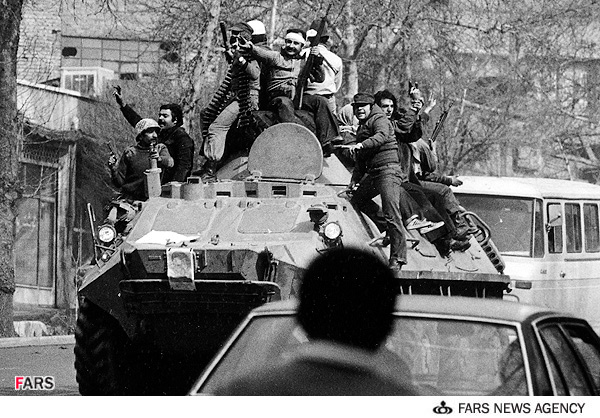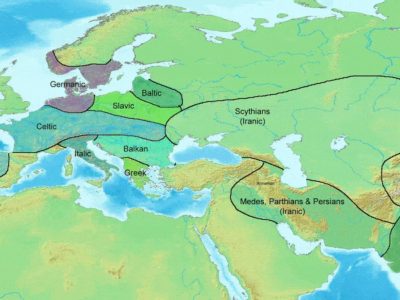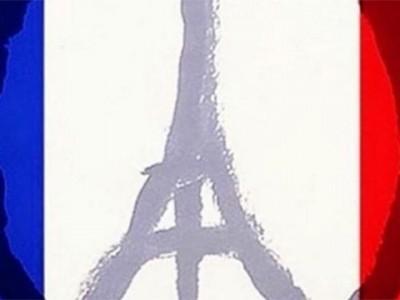Este post é parte de nossa cobertura especial Protestos no Egito em 2011.
Blogueiros iranianos de todos os espectros políticos continuam a partilhar suas opiniões sobre as revoltas no mundo árabe.
Masih, um blogueiro islâmico conservador muito dinâmico, explica [en]em um post muito longo porque o Hezbollah do Irã não deve destruir a figura da oposição egípcia, Mustafa Mohamed ElBaradei, ou “como não transformar a nossa vitória clara em uma derrota”. O blogueiro fala sobre o apoio da Irmandade Muçulmana egípcia a ElBaradei e escreve:
He [as director of International Atomic Agency] had good relations on the nuclear issue with Iran's regime and if he comes to power he will continue a friendly relation with the [Iranian] regime and Turkey's Erdogan. I should add that we do not need Egypt to be engaged in war with Israel. What we need is for Egypt to open Rafah‘s borders to make it possible for us [Iran] to send weapons to the Palestinian territories and shake Mahmoud Abbas's power pillars there.
No final, o blogueiro diz que não nós devemos prestar atenção para as atividades recentes dos Verdes [a oposição] e afirma que eles estão apenas aproveitando a situação atual no Egito para aliviar a dor de suas derrotas.

Bahman Azizi publcou [en] várias fotos da Revolução Islâmica Iraniana em 1979 e as comparou com algumas [fotos] do recente levante no Egito – de brigas de rua à solidariedade entre manifestantes e soldados.
(Foto do Egito acima e do Irã abaixo, ambas as fotos são do site de notícias iraniano Fars).

Azzarmehr diz [en] que o movimento de protestos iranianos de 2009 era maior que o egípcio e o tunisiano, mas a repressão era muito mais forte. Ele diz:
Watching the pictures from Tunisia and Egypt, it looks like the crowd sizes in Iran were much larger. None of the protests in Egypt or Tunisia came anywhere near the three million crowd who came to the streets in Tehran, six days after the fraudulent elections in June last year. The repression by the regime in Iran was many times more brutal and savage than that in Tunisia or Egypt however. People in Egypt and Tunisia were not attacked in their homes and pulled from their roof tops for simply chanting Allah Akbar at night. The injured protesters in Tunisia and Egypt were not attacked in hospitals and dragged from their hospital beds. Protesters were not arrested and bused into detention centres like Kahrizak and raped in Tunisia and Egypt like they were in Iran.
Em seu blog, Negahe No, Shahini, um clérigo islâmico, compara Hosni Mubarak a Nelson Mandela e escreve [en] que Mandela deixou o poder quando era muito popular e as pessoas oram por ele, mas que, para Mubarak, tudo é sobre ele. O blogueiro comete um erro, pensando que Mubarak foi democraticamente eleito até agora e simplesmente não quer deixar o poder.






